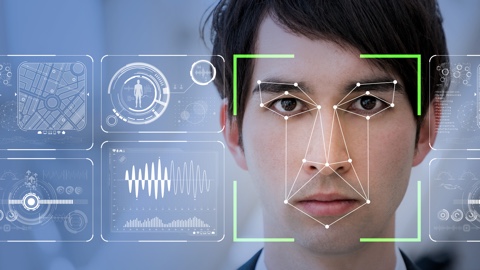
The Intelligence Advanced Research Projects Activity (IARPA) – in conjunction with the National Institute of Standards and Technology (NIST) – recently ran its first Face Recognition Prize Challenge (FRPC) to assess the capabilities of the latest algorithms operating on unconstrained images.
The FRPC is aimed at measuring automated face recognition accuracy when sub-optimal images are identified. Sub-optimal images typically include non-frontal head poses, low resolution, poor and uneven illumination, non-neutral facial expressions, and occlusion (where an object is hidden by another object). NIST performance reports included measurements of accuracy, speed, storage, and memory consumption. The Challenge came in two parts: face identification and face verification.
The Chinese facial recognition startup, Yitu Tech, received first place in the identification accuracy challenge. “This is a further demonstration of Yitu’s capability and comes on top of our win in Face Recognition Vendor Test (FRVT) this July,” said Dr. Shuang Wu, research scientist at Yitu Tech. “However, having a state-of-the-art algorithm alone is not enough to solve real-world problems, you will need supports from powerful computing infrastructure and sufficiently large dataset. Engineering capability also plays a significant role in performance optimization. Yitu is capable of searching through over a billion records in less than 3 seconds, that showcases our strength in engineering in addition to outstanding algorithms.”
Russian facial recognition firm Ntechlab took first place in the Identification Speed and Verification Accuracy categories. Earlier this year, NTechLab CEO Mikhail Ivanov expressed privacy concerns regarding the use of biometrics, stating “We have to regulate how to use it in the future. It already exists. Everything can be useful for good things and for bad things. I think there are lots of cases where facial recognition can be used for good things to make our lives safer and more comfortable.”
